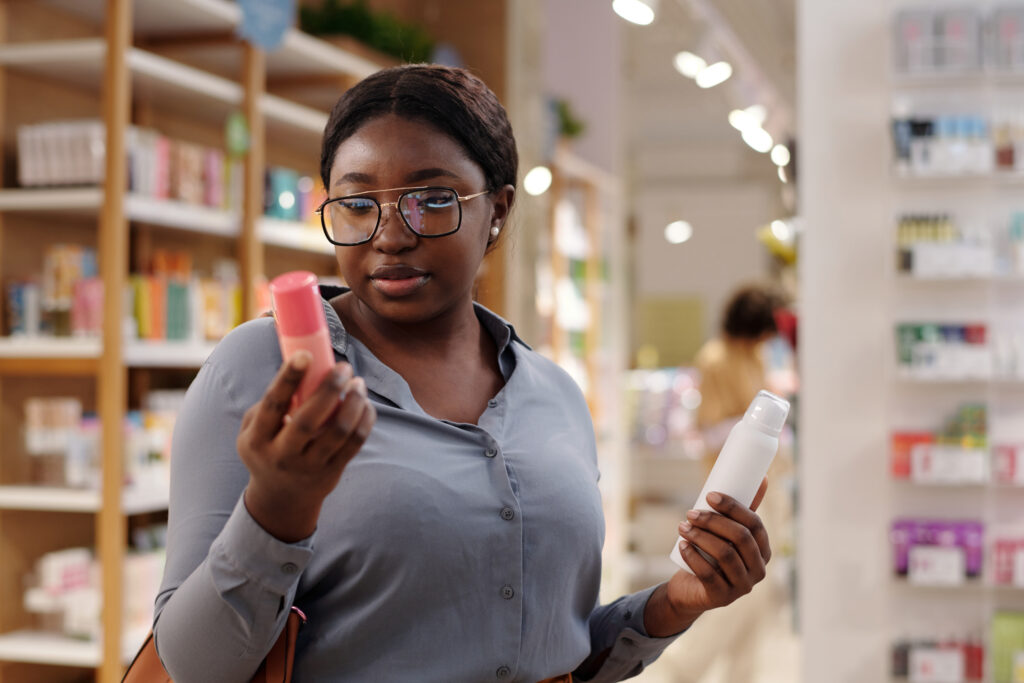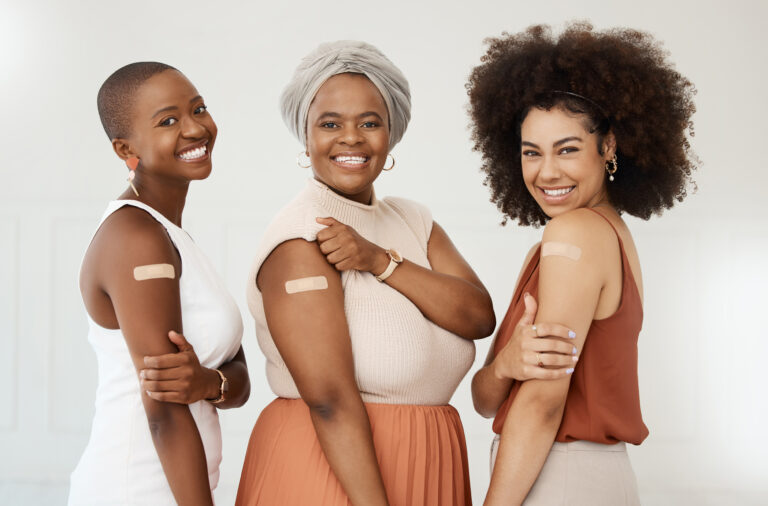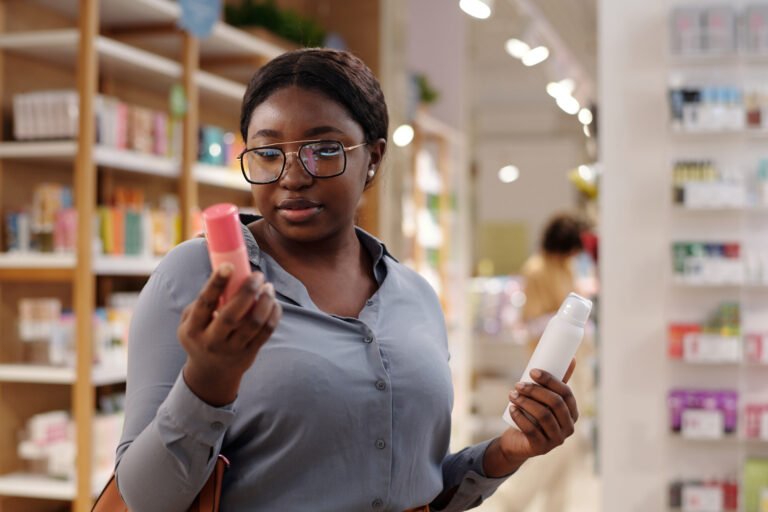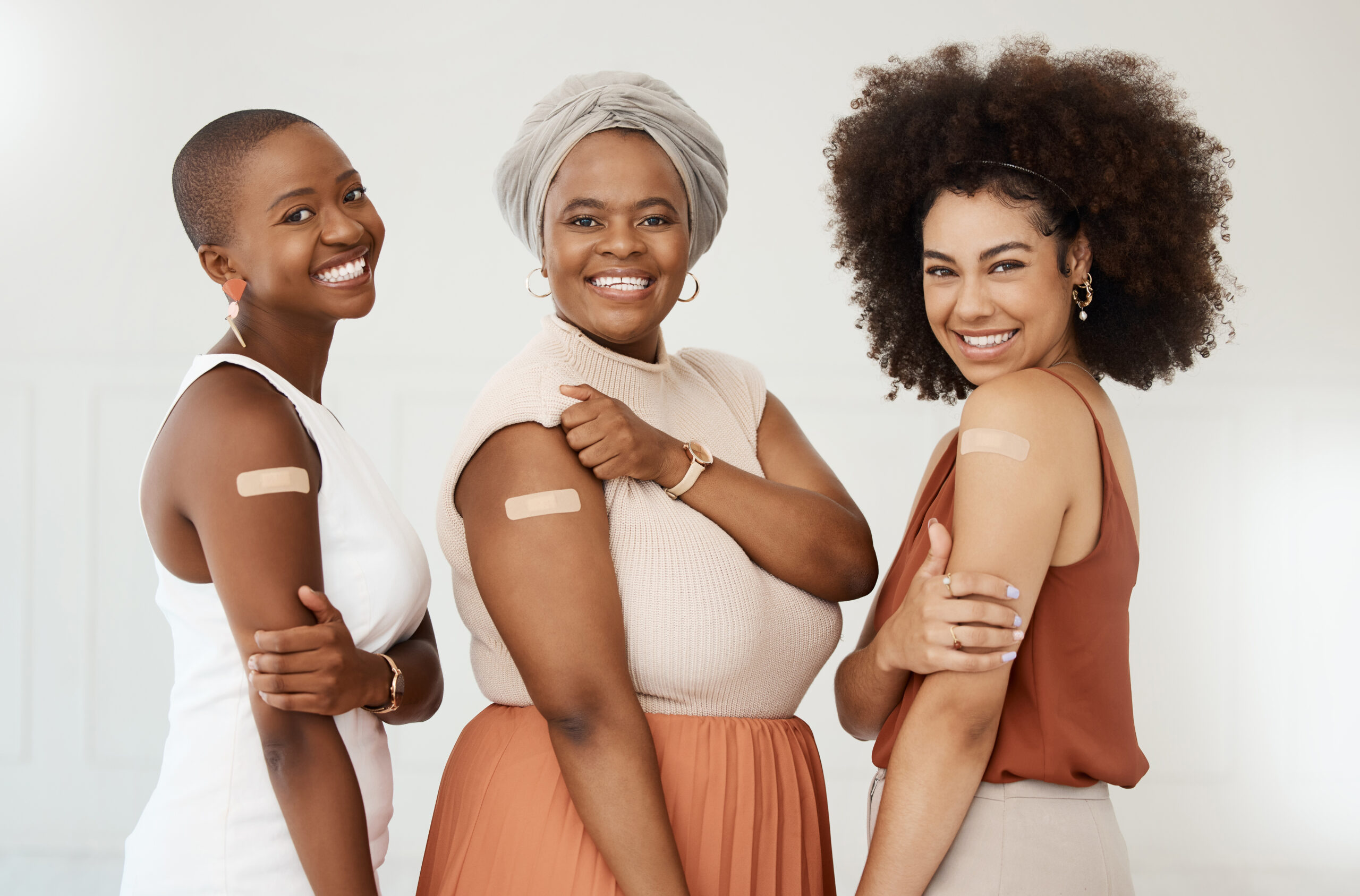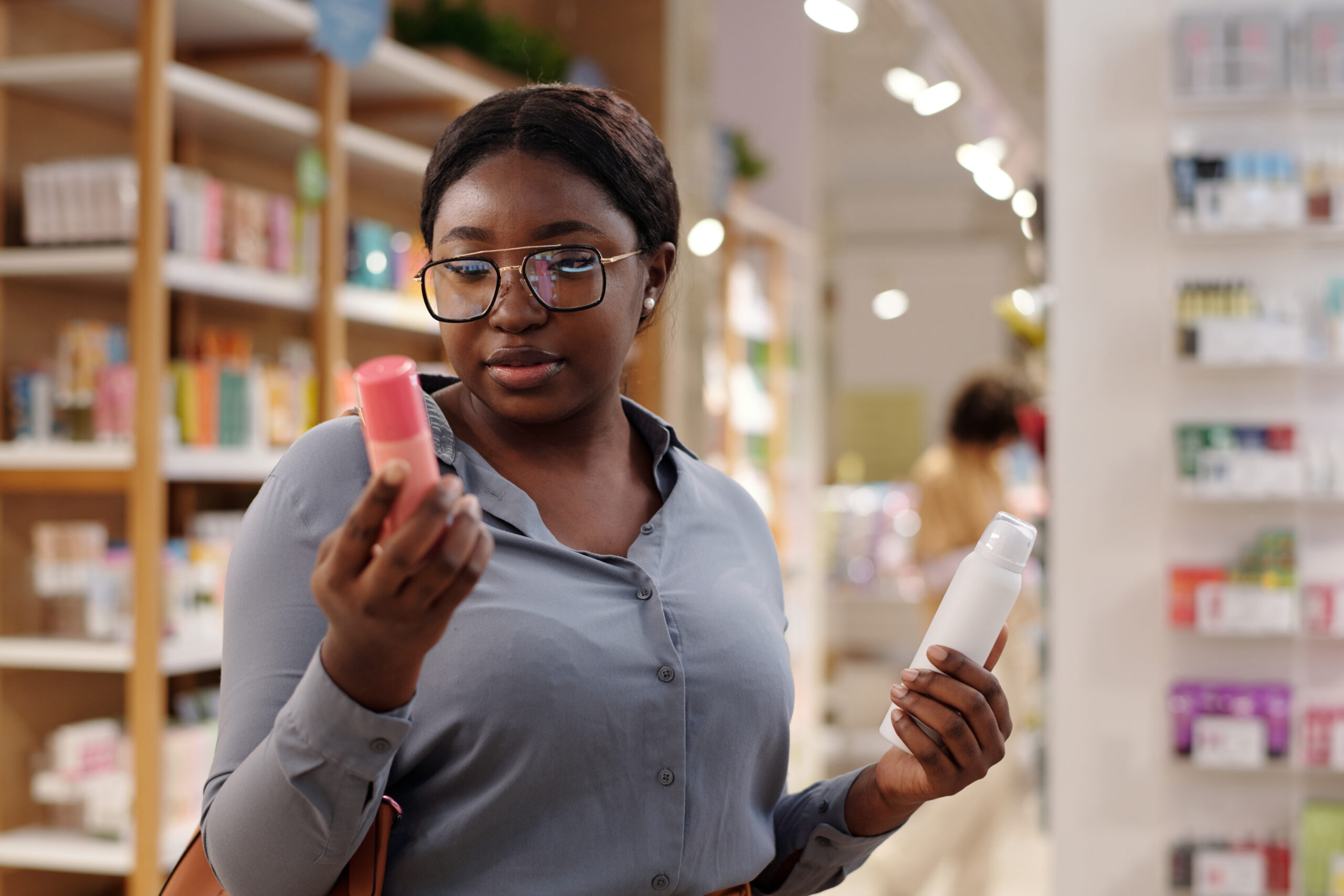In today’s modern world, many women are unknowingly exposed to chemicals that disrupt hormonal balance—called endocrine disruptors—through the products they use every single day. These chemicals interfere with our body’s natural hormone systems and have been linked to conditions such as Polycystic Ovary Syndrome (PCOS), fibroids in women, infertility, and even some hormone-driven cancers.
Unfortunately, this is still a little-known issue in Nigeria and across Africa. The good news is that awareness and small changes can go a long way toward protecting your reproductive and hormonal health.
Here are five common products you should be mindful of:
- Plastic Water Bottles & Food Containers
Plastic products, especially when exposed to heat, can leach chemicals like BPA (bisphenol A) and phthalates into your food and drinks. These endocrine disruptors can mimic estrogen in the body, leading to hormonal imbalance in women and increasing risks of PCOS and infertility. - Perfumes & Fragranced Beauty Products
Synthetic fragrances contain a cocktail of hidden chemicals—many of which are known hormone disruptors. Common offenders include phthalates, which can interfere with reproductive hormones and contribute to menstrual irregularities and fertility problems. - Non-Stick Cookware
Non-stick pans, especially when scratched or overheated, release chemicals such as PFOA and PFAS—known as “forever chemicals.” These have been linked to hormonal changes, thyroid disruption, and even increased risk of fibroids in women. - Hair Relaxers & Skin-Lightening Creams
Several studies in African and African-American communities have shown a correlation between the frequent use of certain hair relaxers and uterine fibroids. Some products also contain parabens and phthalates, which disrupt hormone receptors in the body. - Household Cleaning Products
Common cleaning sprays, bleach, and detergents often contain substances like alkylphenols, which can mimic estrogen and interfere with normal hormonal functions. Long-term exposure has been linked to reproductive issues and PCOS awareness is growing around this hidden risk.

What You Can Do:
- Switch to glass containers for food storage.
- Choose fragrance-free or naturally scented beauty products.
- Replace non-stick cookware with cast iron or stainless steel.
- Be selective about hair and skincare products—opt for those free from parabens and phthalates.
- Use natural, non-toxic cleaning products when possible.
Conclusion:
The fight for women’s health in Nigeria must include raising awareness about the invisible dangers of endocrine disruptors. By making conscious choices, you can protect your body and future fertility—and that’s what TheFutureisHer is all about.

